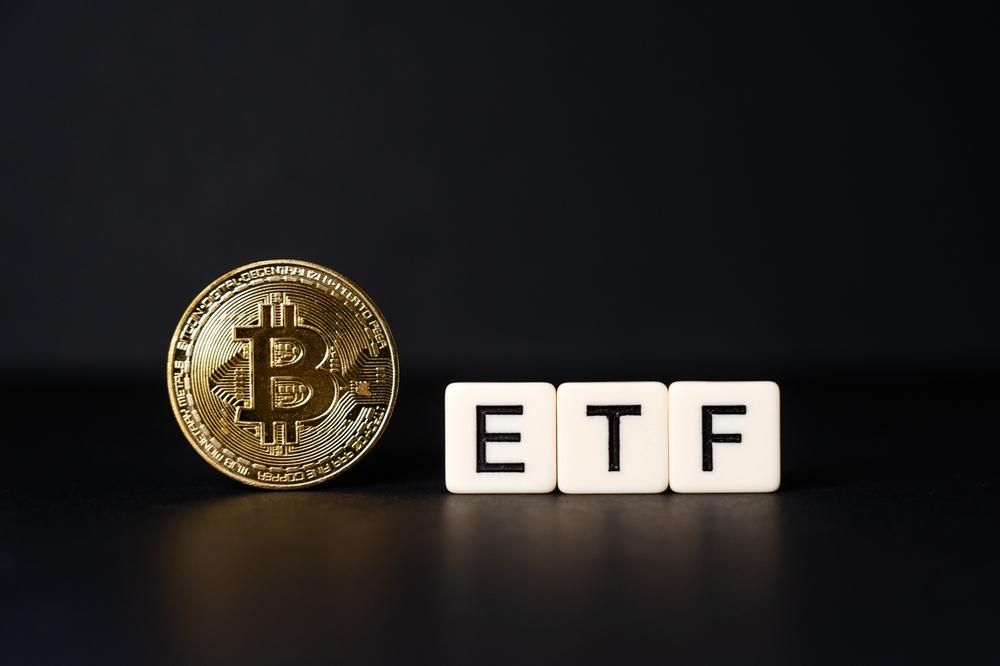In a recent decree issued by the Honduras National Banking and Securities Commission (CNBS), banks across the Republic of Honduras are prohibited from engaging in cryptocurrency transactions.
This move places the country in a unique position compared to the growing trend of cryptocurrency acceptance in Latin America and globally.
Regulatory Decree and Its Implications
According to a circular issued by CNBS president Marcio Giovanny Sierra Discua, the Honduran government introduced the ban to safeguard the financial system and protect the public, citing legal uncertainties surrounding cryptocurrency technology.
The decree explicitly states that cryptocurrencies, crypto assets, virtual currencies, and similar digital assets are not regulated, issued, or controlled by the Central Bank of Honduras.
The ban prohibits financial and insurance institutions from maintaining, investing, intermediating, or operating with cryptocurrencies, cryptoassets, virtual currencies, tokens, or any similar virtual currencies not issued by the country. Additionally, institutions are barred from offering services to individuals or entities involved in cryptocurrency transactions or trading derivatives like crypto ETFs.
The regulator also mandates that institutions develop an education plan to inform the public about the risks of using cryptocurrencies and similar virtual assets.
Contrasting Regulatory Approaches in the Region and Globally
Honduras' regulatory stance starkly contrasts with the crypto-friendly policies emerging in the region. While Honduras implements a ban on cryptocurrency transactions, its neighbor El Salvador has embraced Bitcoin as a legal tender and legalized using all digital assets for payments.
Under President Javier Milei, Argentina is expected to adopt a crypto-friendly approach despite varying opinions on Bitcoin.
According to Decrypt, the United States recently approved 11 spot Bitcoin ETFs, signaling growing institutional acceptance of cryptocurrencies.
Across the Pacific, Japan has approved crypto assets as viable investments for venture capital firms, reflecting a proactive approach to fostering its web3 industry and supporting local startups.
According to Crypto Daily, this legislative change aligns with Japan's broader policy objectives under Prime Minister Fumio Kishida's "new capitalism" agenda.
These regulatory developments highlight countries' diverse approaches towards cryptocurrencies and their implications for financial markets and innovation.
Photo: Microsoft Bing

























Comment 0